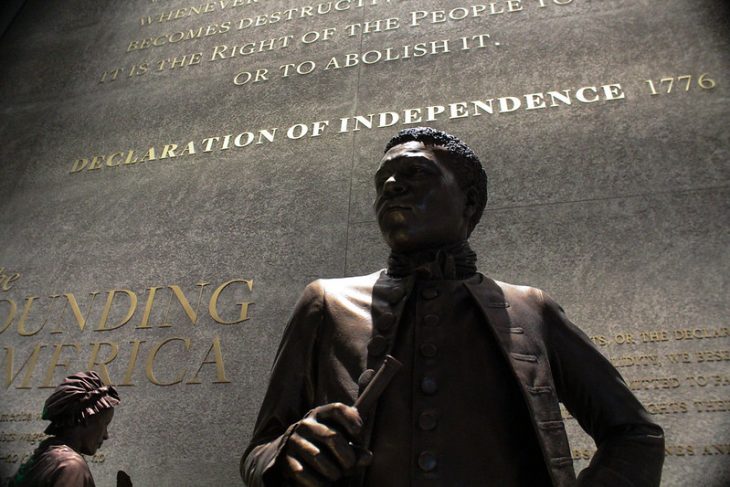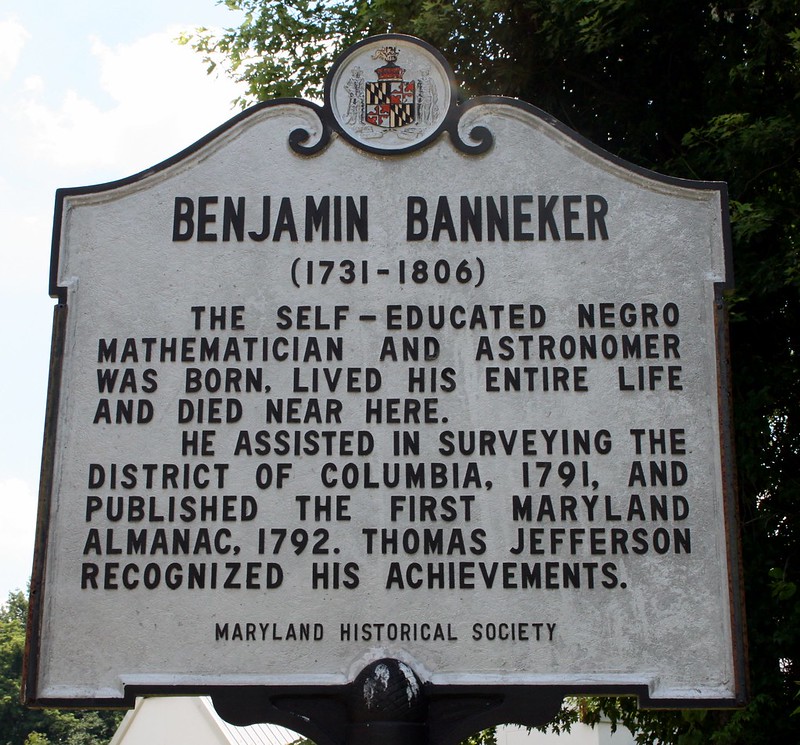
Benjamin Banneker was an extraordinary figure whose achievements and contributions left an indelible mark on American history. Born on November 9, 1731, in Ellicott’s Mills, Maryland, Banneker emerged as a prominent mathematician, astronomer, inventor, and abolitionist during a time when opportunities for African Americans were scarce. In this article, we will explore the fascinating life and accomplishments of Benjamin Banneker, shedding light on his significant contributions to science, his advocacy for racial equality, and his lasting legacy.
Early Life and Education
Benjamin Banneker was born to an African American father, Robert, who was a freed slave, and his mother, Mary, who was the daughter of an Englishwoman and a freed African slave. Despite limited access to formal education, Banneker developed a love for learning at an early age. He received some education from Quaker schools and self-studied various subjects, including mathematics and astronomy.

The Banneker Clock
One of Banneker’s most notable inventions was the wooden clock he constructed entirely from wood and other materials he found. The clock was so precise that it continued to function for more than 50 years after his death.
The Almanacs
Benjamin Banneker is widely known for his series of almanacs, which he began publishing in 1792. These almanacs contained a wealth of information, including astronomical calculations, weather forecasts, and farming advice.
Banneker’s Observations on Astronomy
Benjamin Banneker was an avid astronomer who made meticulous observations of celestial bodies. He accurately predicted solar and lunar eclipses and his observations were highly regarded by prominent scientists of his time.
Correspondence with Thomas Jefferson
Banneker’s most notable correspondence was with Thomas Jefferson, then Secretary of State. In a letter to Jefferson in 1791, Banneker challenged the prevailing belief in African American intellectual inferiority and advocated for racial equality. Jefferson responded with admiration, acknowledging Banneker’s abilities and expressing his hope for the gradual abolition of slavery.
The Ellicott Connection
Banneker’s association with the Ellicott family, who were prominent surveyors and landowners, provided him with valuable resources and mentorship in his scientific pursuits. He borrowed books from George Ellicott’s extensive library and exchanged scientific correspondence with Andrew Ellicott, a renowned surveyor.
Advocacy for Racial Equality
Benjamin Banneker was a vocal advocate for the abolition of slavery and the equality of African Americans. He corresponded with Thomas Jefferson, challenging his views on racial superiority and urging him to support the abolitionist cause.
Surveying the Nation’s Capital
Banneker’s expertise in mathematics and surveying played a significant role in the development of Washington, D.C. He was appointed by President George Washington to assist in surveying the boundaries of the new capital city.
Legacy and Honors
Benjamin Banneker’s legacy continues to inspire generations. He is celebrated as a pioneering figure in African American history and is honored with schools, streets, and organizations named after him. In 1980, the U.S. Postal Service issued a stamp commemorating Benjamin Banneker, recognizing his contributions to science and African American heritage.

Conclusion
Benjamin Banneker’s life and achievements serve as a testament to the power of determination, intellect, and perseverance. Despite facing numerous obstacles and societal barriers, Banneker’s passion for knowledge and his unwavering commitment to equality propelled him to become a trailblazer in American history. His contributions to science, advocacy for racial equality, and impact on the nation’s capital continue to inspire and influence generations. Benjamin Banneker’s remarkable legacy reminds us of the importance of recognizing and celebrating the accomplishments of individuals who have shaped our world.
Frequently Asked Questions (FAQs)
What were Benjamin Banneker’s major accomplishments?
Benjamin Banneker’s major accomplishments include his contributions to astronomy, his publication of almanacs, his role in surveying Washington, D.C., and his advocacy for racial equality.
How did Benjamin Banneker learn about astronomy and mathematics?
Benjamin Banneker largely self-taught himself through his own studies and observations. He also received some education from Quaker schools.
What were Benjamin Banneker’s views on racial equality?
Benjamin Banneker was a staunch advocate for racial equality. He corresponded with prominent figures, including Thomas Jefferson, challenging their views on racial superiority and advocating for the abolition of slavery.
How did Benjamin Banneker contribute to the development of Washington, D.C.?
Benjamin Banneker played a significant role in surveying the boundaries of Washington, D.C. His expertise in mathematics and surveying helped establish the layout of the new capital city.
How is Benjamin Banneker remembered today?
Benjamin Banneker is remembered as a pioneering figure in African American history. His contributions to science, his advocacy for equality, and his legacy of perseverance continue to inspire and influence people today.
Was this page helpful?
Our commitment to delivering trustworthy and engaging content is at the heart of what we do. Each fact on our site is contributed by real users like you, bringing a wealth of diverse insights and information. To ensure the highest standards of accuracy and reliability, our dedicated editors meticulously review each submission. This process guarantees that the facts we share are not only fascinating but also credible. Trust in our commitment to quality and authenticity as you explore and learn with us.


